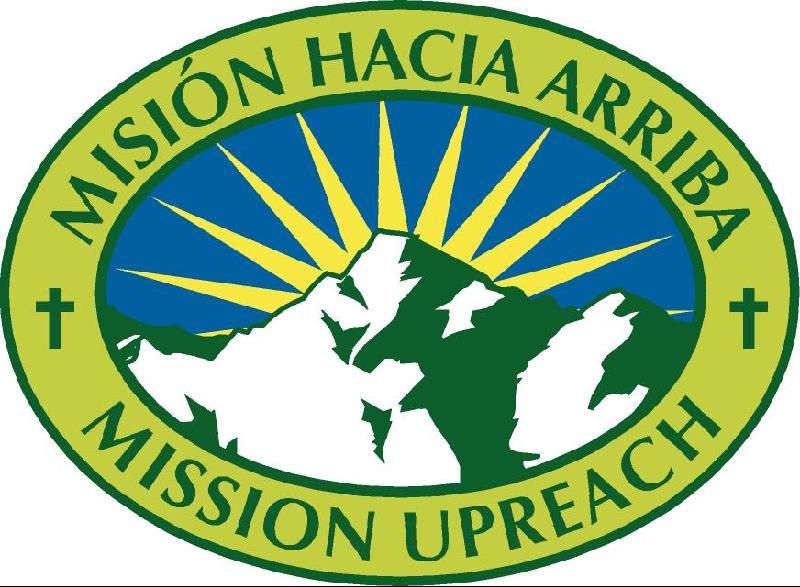
Guest blogger Phil Waldron is CEO and co-founder of Mission UpReach, a nonprofit affiliated with the churches of Christ, operating in Western Honduras.
“Business as missions” (BAM) encompasses a number of concepts that join an aspect of business with a missional approach to kingdom work. In his book God is at Work , Ken Eldred defines business as mission as “for-profit business ventures designed to facilitate God’s transformation of people, cultures, and nations.”
[caption id="attachment_1181" align="alignleft" width="271"]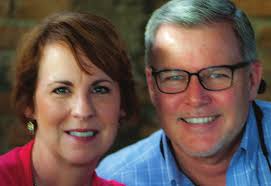 Mission UpReach Co-founders Phil and Donna Waldron[/caption]
Mission UpReach Co-founders Phil and Donna Waldron[/caption]
At Mission UpReach , our adventure into the world of BAM began when Phil Davidson’s Canadian nonprofit, APRACOLA, donated a 60-acre farm known as the Moses Project. The project’s goal was to help young men from poor families finish their formal high school education while learning agricultural entrepreneurial skills. For years Davidson and his brothers were the primary source of funding through profits from their development and construction business. Over time, it became increasingly difficult for them to both manage and fund the program, so they determined to find someone to take it over. They chose Mission UpReach, and we have striven to be faithful to their original mission while adding a fresh approach to achieving the goal.
Since its founding, Mission UpReach has used the kingdom business perspective in stewarding donated resources. Too often in missions there are soft expectations for productivity or efficiency, and sound business principles have been dismissed with the justification that “it’s the Lord’s work,” as if working in the spiritual world isn’t subject to the same principles of stewardship that are indispensable in secular business.
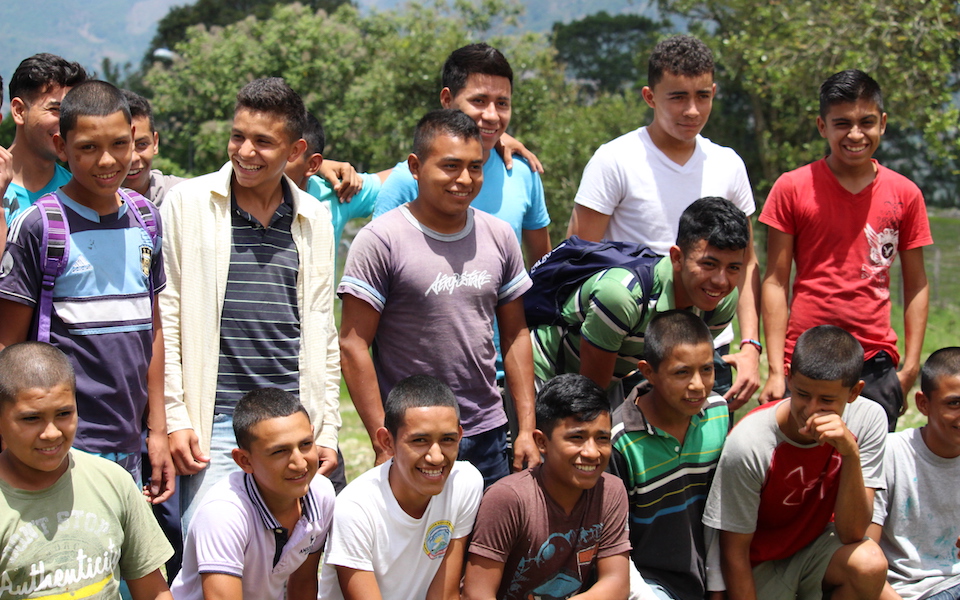
From the outset, Mission UpReach has had goals and milestones by which we have measured our efforts. If a particular ministry or program wasn’t producing the desired results after a significant amount of time, we conducted prayerful analysis. Sometimes, we decided to cut the program and move on to something that showed more promise. Part of our biblical justification for this is Jesus’ instructions when he sent his disciples out two by two. He told them to “shake the dust out of their clothing” and to move on to a more receptive audience (Matthew 10:14).
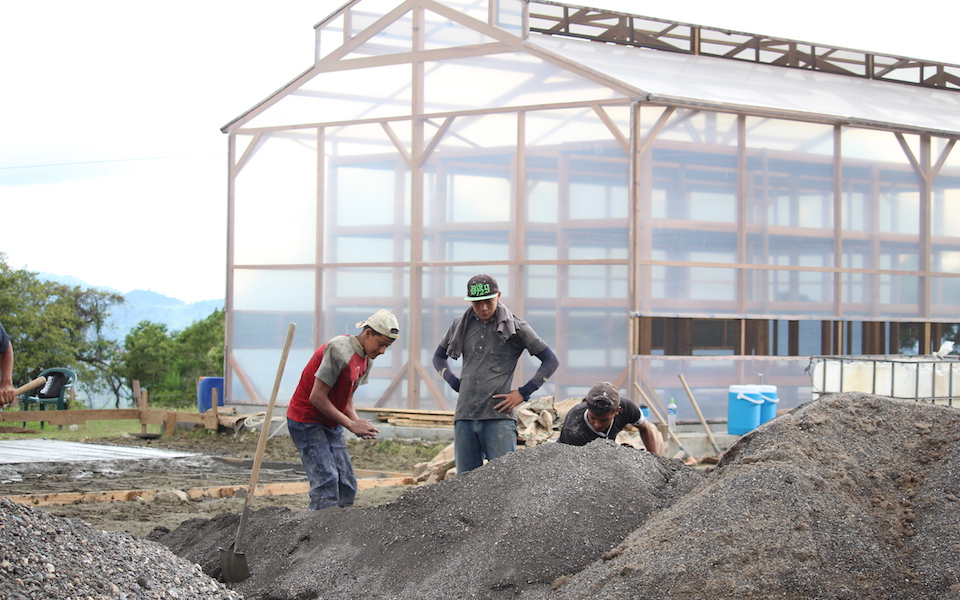
It isn’t always clear whether God wants us to persist in the face of overwhelming obstacles or to move to greener pastures. It requires a tremendous amount of prayer to have confidence in such decisions. In this sense, business has a great deal to teach us about how to better steward our kingdom efforts. No one in business would advocate continuing to sell a product or service with no hope of making a profit. In the same way, we sometimes need to move on, always with an eye on returning if the community where we have been working shows an openness.
In recent years Mission UpReach’s business component has grown to include three agricultural businesses: tilapia, broiler chickens, and coffee. Our brands are Tilapia Moisés, Pollo Moisés and Subida — providing real-world, commercial business experience for those in the Moses Project program and employment for the local community.
[caption id="attachment_1182" align="alignright" width="369"]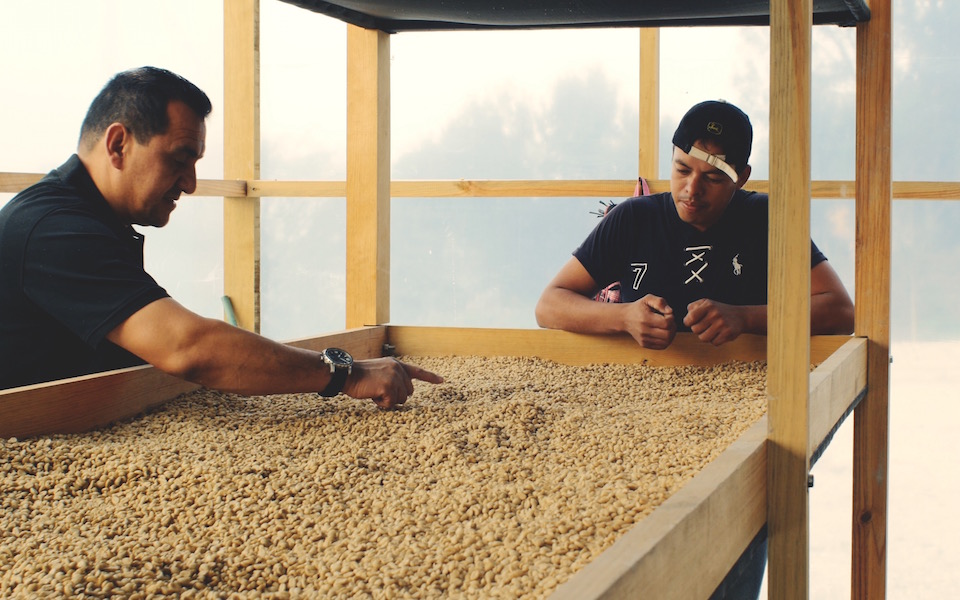 Enter a caption[/caption]
Enter a caption[/caption]
Our goal is for these businesses to cover our overhead by 2021, so we can dedicate 100% of donations to ministry programs. Ultimately, we believe some of our young men will return home to their villages and support their families with similar businesses. Our fondest hope is that these men, trained and discipled with us in the program, will go home as self-supporting, missionary church-planters.
Here in Honduras, unemployment is at 27%. Fifty percent of Hondurans are under-employed. The majority of people cannot earn enough money to support their families. The massive exodus of men and women headed to the United States illegally believe that if they can just get to the States, they will earn enough money to solve all their problems.
We believe our holistic approach to missions, based on the encouragement from the book of James about a practical, works-oriented faith, is a useful model. This faith isn’t about earning salvation, but rather is an outflowing of gratitude to God for having saved us and brought us into His kingdom. There is no compartmentalization between secular and spiritual in Jesus’ kingdom. This worldview should cause all of us who are U.S. citizens to do some soul searching. Did you know that:
It’s naïve to think Americans can consume half of the resources consumed by the world, yet we are not responsible to help our neighbors to the south improve their economies. The U.S. immigration issue must be resolved. We recognize that it’s complicated and that there is little agreement as to what the solution should be. However, we should all be able to agree that a holistic approach of investing in people — in their home country — is a positive and effective strategy.
At Mission UpReach we believe a business as mission approach is the best path forward. We preach the gospel and at the same time work to help people earn a living that allows them to support their families. This lowers the immense pressure to go to the U.S. to pursue the “American dream” illegally. We don’t believe in giveaway programs, and in our opinion, business as mission is the solution. The Bible says, “Whoever is kind to the poor lends to the LORD, and he will reward them for what they have done” (Proverbs 19:17).